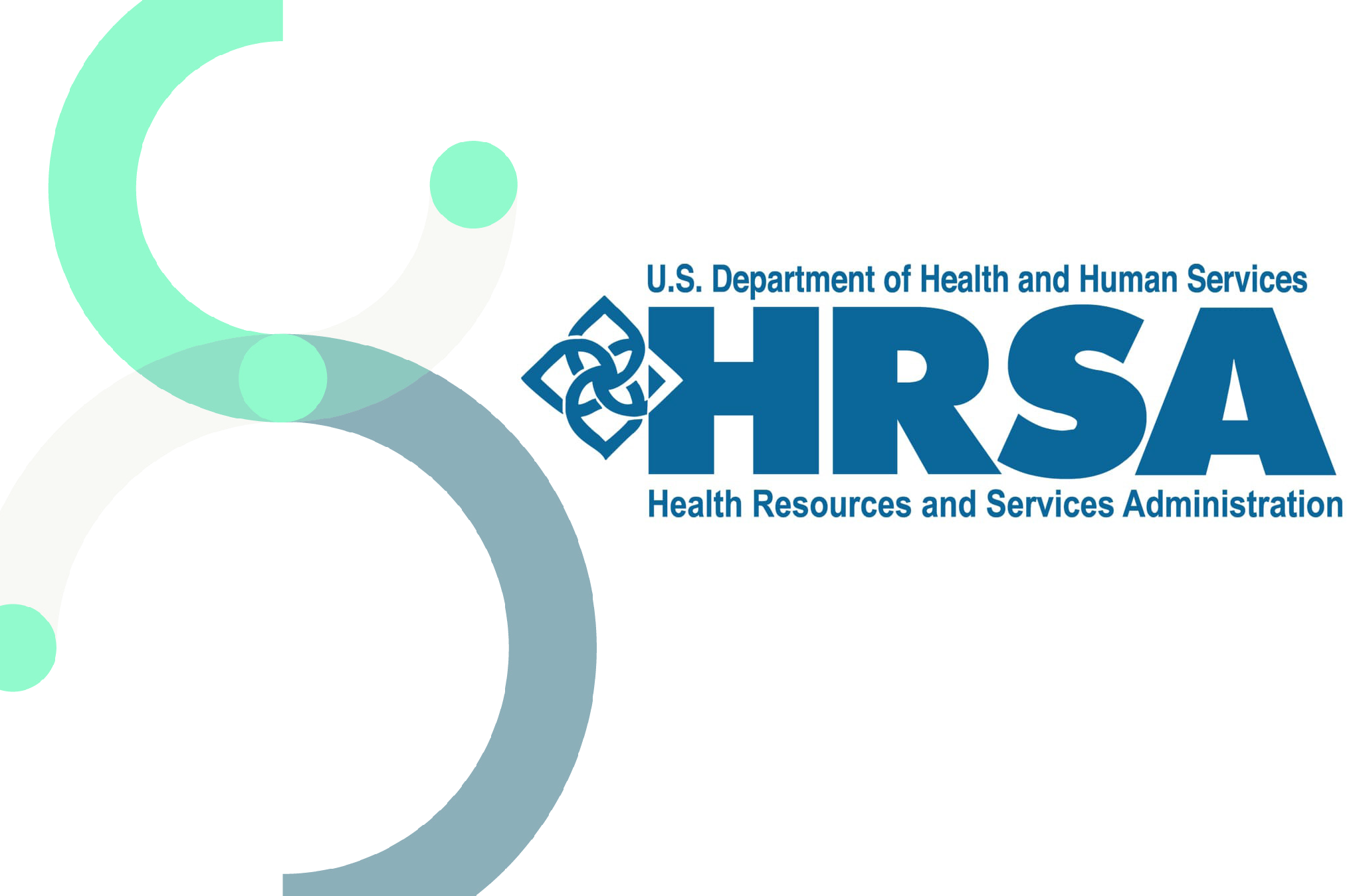

In 2023, DSFederal entered into its second, five-year contract with Health Resources and Services Administration (HRSA), Division of Home Visiting and Early Childhood Systems (DHVECS). The contract is divided into four phases. In Phase One, DSFederal performed eighteen site visits for the Maternal, Infant, and Early Childhood Home Visiting (MIECHV) program.
The MIECHV program supports pregnant women and parents of young children with services including healthcare, education, and economic resources. The goal of the site visits was to ensure that awardees across the U.S. met Federal compliance requirements, identify opportunities for improvement, showcase strengths to inform planning, and incorporate innovative operational tools to improve productivity and streamline workflows.
The Challenge:
Phase One took place during the post-pandemic transition into hybrid work environments. To adapt, HRSA tasked DSFederal with shifting from purely virtual visits to on-site visits with a virtual participation option. This required our team to find and implement the necessary equipment to deliver this approach. We were also responsible for training consultants on the use of the equipment and facilitating both on-site and the virtual room participants simultaneously.
Additionally, in December 2022, Congress reauthorized MIECHV with a mandate to reduce the administrative burden on awardees by at least 15%. In response, DSFederal needed to work with HRSA staff to determine the appropriate revisions for site visit tools and process improvements.
Our Approach:
Throughout the project, DSFederal employed a strategy comprised of technical solutions, training, and feedback-driven process improvements.
Technical Solutions
To combat technical issues for remote participants, DSFederal introduced Owl Labs’ 360° (Owl) smart video conferencing technology. We began utilizing Owl for the Rhode Island site visit early in Phase One and documented a vast improvement for virtual attendees, including HRSA personnel and technical experts. Using Owl, remote participants could now actively participate in the visits as if they were in the room, with clear audio and video quality, active speaker tracking, and seamless switching between in-person and remote participants. This approach was rapidly scaled to the rest of the program.
Collaborative Process Improvements
To reduce awardee burden, DSFederal employed a collaborative approach by gathering real-time feedback from both HRSA staff and awardees. With this information, our team met the legislative requirement by revising the 25+ site visit tools to remove any content that wasn’t directly pertinent to awardees. This meant there were additional tools that needed to be developed – some that were intended for consultants, some for HRSA project officers and other staff, and some for awardees.
A notable accomplishment was the establishment of three separate site visit guides for consultants, awardees, and project officers. Each guide provides comprehensive step by step instructions and outlines processes for every stage of visits, from pre-site visit planning to post site activities. Each respective role is carefully documented with key points and responsibilities, mitigating any confusion, overlap or gaps in the work necessary to host impactful meetings. These guides simplified the process for all participants and alleviated the burden on awardees in particular.

The Outcome:
DSFederal’s strategy and execution exceeded expectations and greatly improved the program’s ability to maintain compliance, while improving the overall user experience. Most significantly, our team’s strategy led to the necessary reduction in awardee burden and the site visit experience for both in person and virtual participants.
Thanks to DSFederal’s recommendation and implementation of Owl technology, remote participation became a viable option without the frustration and miscommunications that had occurred at kickoff. By helping to facilitate effective virtual participation, we ultimately helped to cut down on travel costs for partners, local participating agencies, and project officers looking to participate remotely.
Interested in our case studies? Read more here!